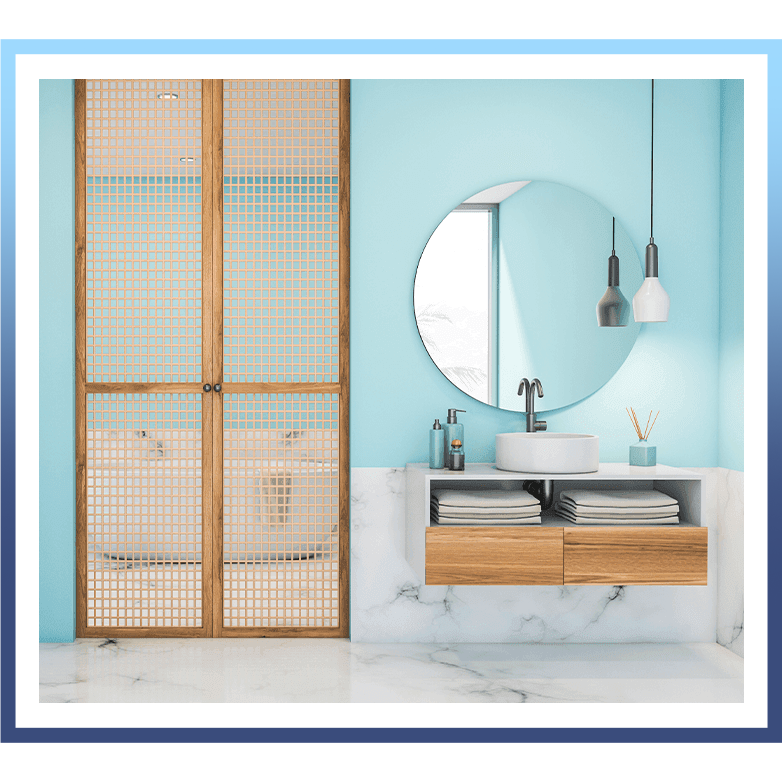
Water Softening Without Chemicals & Salt
Effective Water Treatment Methods for Your Property in Coastal Orange County & the Surrounding Areas
Whether you own a home or manage a commercial property, you’ve probably considered if there’s a way you could improve the water quality on your property. When researching this topic, you might have come across options for water softeners and water conditioning and might be a little confused about how these things are different.
At Mckeown Plumbing, our goal is to not only provide our customers with the best plumbing services available, but help to educate them on important issues such as these. With more than 50+ years of experience serving the Coastal Orange County area, our company retains the knowledge and experience of skilled plumbers who can provide the services you require. If you’re curious about the difference between water softeners and water conditioning, just reach out to Mckeown Plumbing today to learn more and see what’s best for your property.
For more information or to schedule a service, please contact us online or call (949) 234-6001 today.
What Do Water Softeners & Water Conditioners Do?
When it comes to the quality of the water coming out of your taps, not much else can be more important. Having clean water free from dissolved minerals, chemicals, and other substances is important not only for the health and safety of people, but also for maintaining the condition of your property’s plumbing system.
Typically, water softeners are used to treat hard water, which has a high concentration of dissolved minerals. Water softeners work by reverse osmosis where dissolved mineral ions are replaced with sodium ions. Hard water isn’t considered a health risk, but it can cause flow-restricting scaling inside pipes when dissolved minerals combine. It can also leave “water spots” on dishes in a dishwasher and is responsible for unsightly white stains around plumbing fixtures.
Water conditioners remove substances that alter how water tastes and smells. These can include volatile organic compounds, organic gasses, chlorine, chloramines, and even lead – substances that can present significant health risks over time. Water conditioners can work in a variety of ways, but are salt-free when compared to water softeners. While water conditioners can provide water softening benefits, this isn’t their primary purpose and likely won’t yield the same results as a dedicated water softener.
Do I Need a Water Softener or a Water Conditioner?
Whether you need a water softener or a water conditioner depends upon a variety of factors. If mineral buildup from hard water is putting too much strain on your plumbing system, a water softener might be the solution you need. If you are concerned about the smell, taste, and risk of using contaminated drinking water, then a water conditioner can improve your property’s water quality and offer some softening benefits.
There are also hybrid systems available that can address both water softening and water conditioning if your property is affected by issues that both water softeners and water conditioners can address. If you are unsure about how you should treat your property’s water, get in touch with a water quality professional from McKeown Plumbing.
We can provide the information and services you need to select the water treatment system that works best for you.
For more information, get in touch with Mckeown Plumbing today by contacting us online or at (949) 234-6001!
Real People. Real Reviews.
Trusted by Homeowners & Businesses for Over 50 Years
-
“I am sure the tech thought the problem was simple but I appreciated his expertise.”- Robert T.
-
“They do excellent work and are all super nice, very professional, and have done top-quality work.”- Andrea D.
-
“I have used McKeown for multiple jobs on homes I've sold for clients and they always do a great job. Jared was great, he was very helpful in explaining the problem and solution.”- Francesca D.
-
“They're excellent at solving problems and their pricing is very fair.”- Past Customer
-
“They have always been responsive and done an excellent job.”- Debra B.
-
“Not only have they been serving the community for years they are technically knowledgeable.”- Skyler E.
-
“They came the same day, got it all cleared, always great service! Thanks again. You guys are the best!”- Suzanne F.
-
“Quickly determined what the problem was, explained it to me and efficiently made repairs.”- Wayne B.


COMMITTED TO HONESTY AND INTEGRITY
Why McKeown Plumbing?
-
Investigate the Problem Before Making a Decision
-
Utilize the Newest Tools and Best Practices
-
Innovating Ways To Improve Plumbing Solutions
-
Licenses, Bonded, and Insured
-
Over 100 Years of Experience
-
Serving Coastal OC for Over 45+ Years